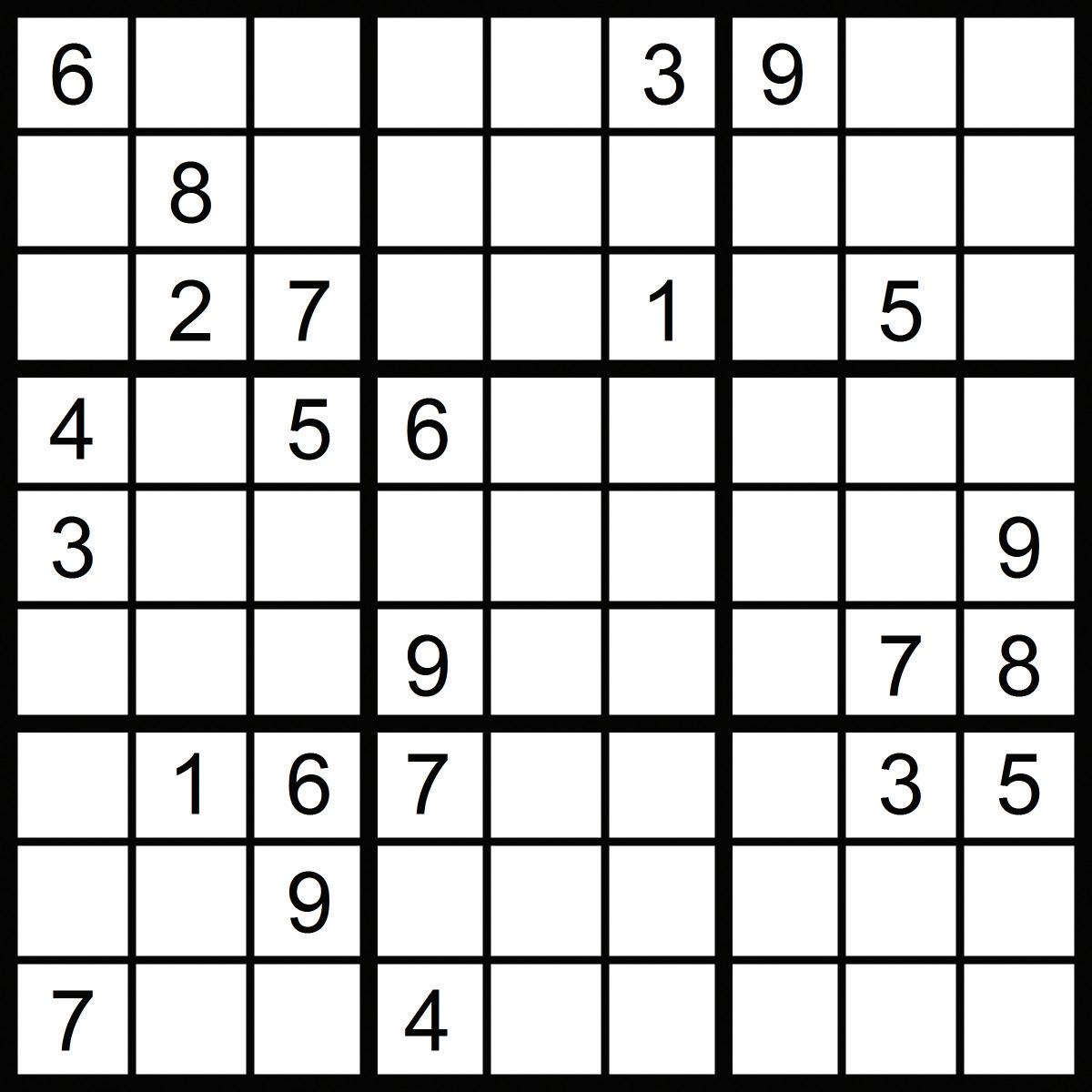Vendors Russ Adams, John Hagan and Donald Morris chat about the world of sports with Executive Assistant Patrick Edwards.
SPORTSWISE
Blackhawks'
Russ: Welcome to this week’s edition of SportsWise! Today, we’re discussing our beloved Chicago Blackhawks and what it would have taken to make the NHL playoffs this season, as well as what happened over the past few years to get us here. John, would you like to get us rolling? John: I would, Russ. Thanks. Well, this season, although we had a slight chance near the end there, it would have nearly taken a miracle for the Blackhawks to get into the Stanley Cup Playoffs. That said, we have a lot of issues heading into the offseason. Patrick: It’s unfortunate, because, even in an average season such as this, there’s nothing like the 'hawks strapping 'em up and skating through opponents. Russ: I’ll definitely miss it. John: True. The thing is, toward the end of the season, we would have had to win the remaining 4 games, while the Dallas Stars and Nashville Predators needed to lose their remaining 4 and 3 games, respectively. Donald: Could’ve happened. John: It could’ve. But to add more tension to it, both teams would have had to lose in regulation—no OT. In OT, a loss still nets 1 point, so it wasn’t looking very positive. Added to that, while the
season recap/missed opportunities
Blackhawks’ power play was one of their strongest components, their penalty killing was another matter: 76.4% success rate, which ranked 5th-worst in the league. Donald: Now, I just read Chicago Sun-Times writer Ben Pope, who stated that, since April 24, the Blackhawks had gone 17-for-17 on penalty killing, including 9-for-9 in a 3-game series versus the Predators; unfortunately, it was too little, too late. Patrick: Before we go on, for those who don’t know officially what “power play” and/or “penalty kill” is— mind you, I was one of them until digging for this discussion—take note: When a team has a one-man-or-more advantage over another team in hockey due to a penalty, this condition is referred to as a “power play.” On the other side, the team that’s minus one or more players—which is also referred to as “short-
handed”—is often labeled as being in “penalty kill” mode. Russ: Wow. Somebody did some homework. Impressive. So, what do you guys think happened since the good old days of the 2010-decade to get us here? John: Although there are other perhaps more crucial factors, a couple in my opinion are poor defense and faceoffs. Now, both would benefit from having, at the very least, one superstar on the team. With the defense, opposing teams were shooting 33.1 shots-per-game versus the Blackhawks—3rd worst in the league. To me, it’s not due to a lack of depth, but to the lack of a superstar: one who’d hold the puck more on offense and, perhaps, disrupt the other team’s mojo. The same with faceoffs. The Hawks were, at least this season, mired in the very-low end of things in regard to face-off success rate.
Donald: Well, I feel it came down to discipline, which I believe falls on the coaching. Say what you want about former head coach Joel Quenneville, he always had the Blackhawks ready, unlike current head coach Jeremy Colliton. Russ: Now, in fairness to Coach Colliton, the Blackhawks never got the superstars to replace the likes of Duncan Keith or Jonathan Toews. John: Agreed. Basically, Coach Colliton must prove to us, the fans—with or without a superstar—that he can develop the talent that’ll put the Blackhawks in position to win games as former coach Joel Quenneville used to do. Russ: Well, there it is, folks. Thank you once again for catching us here at SportsWise for StreetWise!
Any comments or suggestions? Email pedwards@streetwise.org








